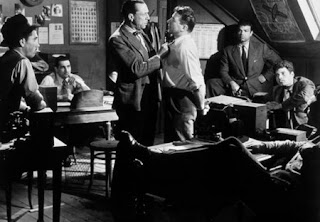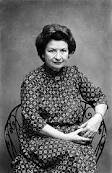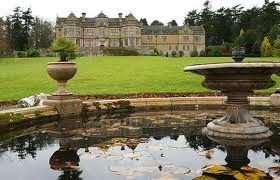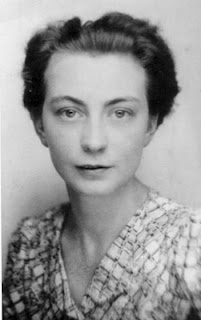More Borgia
 |
| Giulia Farnese - the mistress of Pope Alexander VI (Roderigo Borgia) |
Plaidy is generally a very good writer of historical novels. She covered a huge time period ranging from early Norman England to Queen Victoria, and her novels were set all around Europe. The only era that she didn't touch at all was ancient history. Her style is perhaps a little dated now, but she was a very good researcher, could write a stirring tale, was unusually empathic in her treatment of her historical characters, and tried not to place too much in the way of twentieth century sensibilities upon them. And she was usually pretty accurate (at least by the current standards of research at the time she was writing). In fact much of my historical knowledge was derived from a mixture of Jean Plaidy novels and Errol Flynn films - an odd combination, but one that evidently worked and got me at least one history related job.
Madonna of the Seven Hills is an interesting read. Plaidy as ever is great with the historical background, and late-fifteenth century Italy comes vibrantly to life with all its in-fighting and feuding. Where the novel is lacking however is in her portrayal of the central family, who were the equivalent of the Corleone family - just rather nastier and more powerful. I think as much as anything this is a victim of the morality of the times. Although written in the late '60s Plaidy was a product of an earlier generation (b. 1906), and so although she tries to be honest everything is a bit "nice".
Lucrezia is presented as very much the innocent trapped in an impossible situation by her father, Roderigo Borgia (Pope Alexander VI) and her brothers, Cesare and Giovanni. Although there are some references to their cruelty, murderousness (if there is such a word) and sexual predilections, it's all a bit coy. Jean Plaidy seems to struggle with characters for whom there really are no redeeming features. So, all prospects of redemption are settled on Lucrezia, who comes out of it as a cardboard cut-out lacking any real character.
Where Plaidy does shine though is in the portrayal of a person trapped within a claustrophobic relationship, this she does very well. It's an interesting read. Not one of her better novels in terms of writing, she clearly has no empathy for her characters (and who can blame her), but this does unfortunately render them rather wooden. And it's one of her very rare novels where you will enjoy it much more if you have at least a modicum of knowledge about the historical background otherwise you could struggle to work out what's going on.









Comments